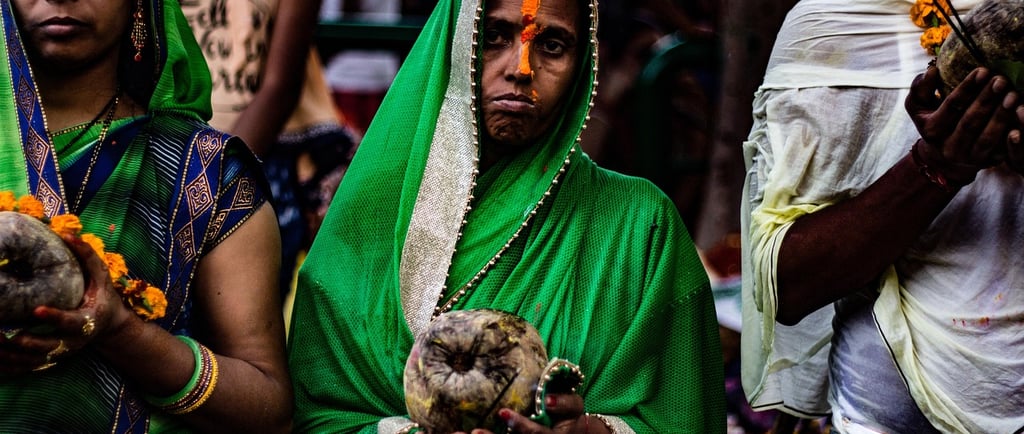Welcome
Indian Culture: Between Tradition and Blind Faith
10/8/2025


India is a unique country a land where cultural diversity thrives. Our ancient traditions and heritage have always bound us and our society together. But what if I told you that these very traditions and customs, instead of taking us forward, are actually holding us back? What would your reaction be?
I can already understand those who are deeply attached to the idea of “ancient values” will oppose me without a second thought. But the real problem isn’t their opposition; the problem is that they are resistant to modernity.
We think we are free, but we’re not because orthodox mindsets have chained us. And whenever we try to break free from these mental chains, our elders start warning us: “What will people say?” But we can’t entirely blame them they grew up within the same rigid ideologies.
India is a culturally rich country, but from childhood to adulthood, orthodox beliefs are imposed on us and yet we are expected to move forward and become successful. Even when success is achieved, nothing really changes. The change remains limited to material possessions. Once a person becomes successful, the same old cycle repeats wasteful weddings, superstitions, rituals, and traditions. The individual remains trapped in this loop for life.
The world is advancing rapidly, yet we remain tangled in religious ceremonies and rituals. Neither are we moving forward, nor are we thinking innovatively. We are so deeply stuck in these customs that we rarely think beyond the body or social constraints. The money and resources that should go toward human and natural development are instead spent on religious ceremonies and blind faith. As a result, there’s hardly anything left for mental or physical growth.
In India, when a child is born, a ceremony called “Naamkaran Sanskar” (naming ritual) is held about six months later. Families often spend between ₹50,000 to ₹1,00,000 on this event even though it brings no real benefit to the child.
As the child grows, parents begin to teach “Believe in God, worship Him.” And this is where conditioning begins. I am not opposing anyone’s faith it’s your life, and you are free to choose what you believe in. But what I do oppose are the orthodox ideas that are imposed on us without understanding our curiosity or consciousness.
We believe we’ve progressed a lot and yes, to some extent, that’s true. But it’s equally true that in the name of money and development, we’ve only harmed nature. Religion and culture today have largely become tools to earn money nothing more. Yes, they may give temporary mental satisfaction, but they also cause harm to both humans and the environment.
People’s mentality has become so confined that they worship lifeless idols, treating them as supreme, while the living beings with emotions and pain are made to suffer. And yet we call ourselves “religious” and “cultured.” In the name of idol worship and tradition, we’ve only spread waste and pollution.
Whenever someone tries to stop or question these practices, people say their “religious sentiments” are being hurt. But I want to ask such people a simple question:
Are your thoughts truly your own, or are they borrowed from someone else?
Because when you adopt someone else’s ideas blindly, you are, in a way, trying to live another person’s life within your own. So before accepting any belief or idea, ask yourself one question:
Do I truly know myself?
Because the thoughts you choose to adopt can either be constructive leading to growth, or destructive leading to self-destruction.